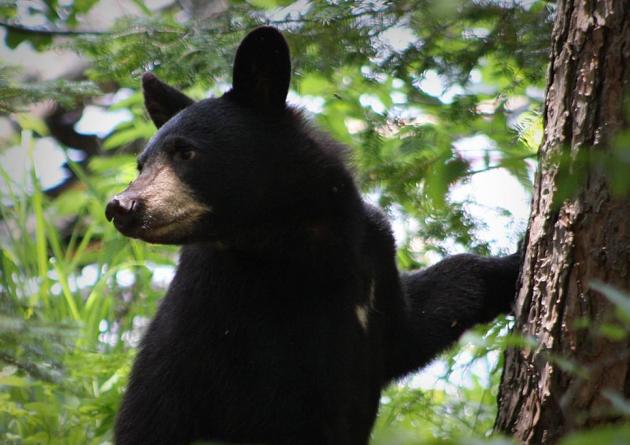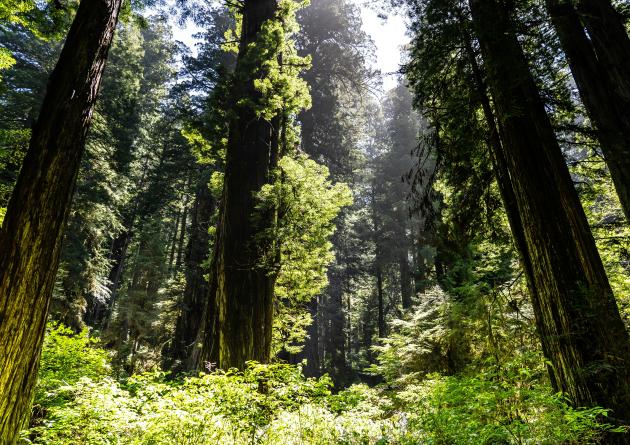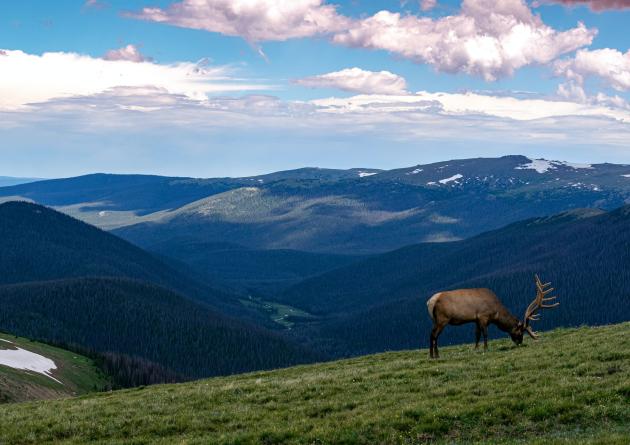< Back to MESM Program Overview
Eco-Entrepreneurship Master's Project Directory
Master’s Group Projects bring together teams of 4-5 students to solve environmental problems for real clients, including businesses, government agencies and non-profit organizations. The Master’s Group Project serves as a master’s thesis (14 units) for students in the Master of Environmental Science and Management (MESM) program.
Through your Master's Group Project, you receive unequaled training and experience in performing professional work that employers value. Students apply scientific and technical expertise to solve complex, multidisciplinary environmental problems. Projects leverage data science and analysis coupled with understanding of environmental science and project management skills. Upon completion, you will emerge with solid professional experience in managing group dynamics, developing and executing strategies, managing stakeholders, engaging in outreach and communications, and formally presenting and writing reports.
Topics
Each year, students, faculty, and prospective clients submit proposals for new Master’s Group Projects. Past projects have solved environmental problems in areas such as: apparel industry sustainability, pollution impact on human health, microplastics, marine environment protection, corporate carbon footprint, sustainable fisheries and aquaculture, drought resilience, sustainable agriculture in communities, freshwater pollution, food waste streams, electric vehicles, renewable energy impacts, and ecosystem conservation.

Clients
Past clients for Master’s Group Projects include: The Nature Conservancy, Conservation International, Environmental Defense Fund, National Geographic, World Wildlife Fund, Natural Resources Defense Council, Global Fishing Watch, Environmental Protection Agency, Tejon Ranch Conservancy, U.S. Fish and Wildlife Service, Bureau of Ocean Energy Management, National Oceanic and Atmospheric Administration, National Marine Sanctuary Program, City of Santa Barbara, Google, Disney Corporation, Patagonia, Deckers Outdoor Corporation, Honda Corporation, Toyota Corporation, CBS Corporation, General Electric, Southern California Edison, and The Boeing Company, among many others.
Timeline
- Fall, Year 1: Bren School releases a MESM Request for Proposals.
- Winter, Year 1: New proposals for Master’s Group Projects are submitted by students, faculty, and prospective clients. A committee of students, faculty, and staff selects appropriate projects.
- Spring, Year 1: Students join project teams, meet clients, refine project objectives, gather data, review literature, develop a work plan, and host a meeting with the client and advisors.
- Fall, Year 2: Students refine project objectives, gather and analyze data, produce deliverables, write an outline of their final paper, and host a meeting with the client and advisors.
- Winter, Year 2: Students present their work for review by faculty and complete their final report and other deliverables.
- Spring, Year 2: Students produce an executive summary, present their findings to the public, and complete deliverables for the client.
Take a Closer Look: Master's Projects
Over the years, Bren master's students have made a tremendous impact via their research through Master's Group Projects. Students leave the program with real, transferable experience and an expanded professional network. A handful of our most recent cohort's group projects are featured here. Explore all the current and past MESM projects in the project directory.





Are you ready to solve environmental problems?
Request more information, get to know the Bren School, and start planning your application today.